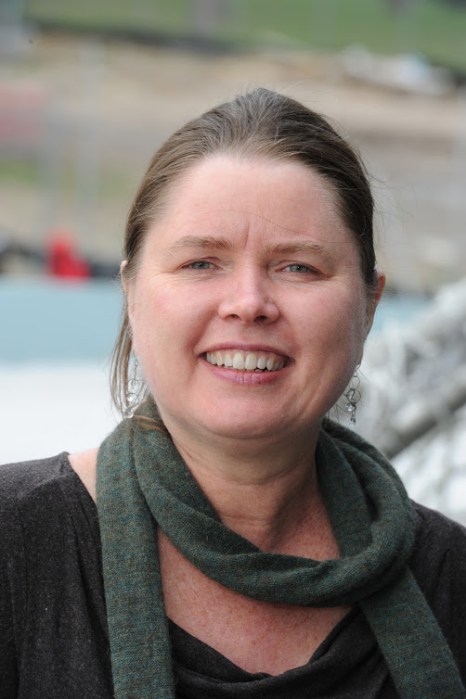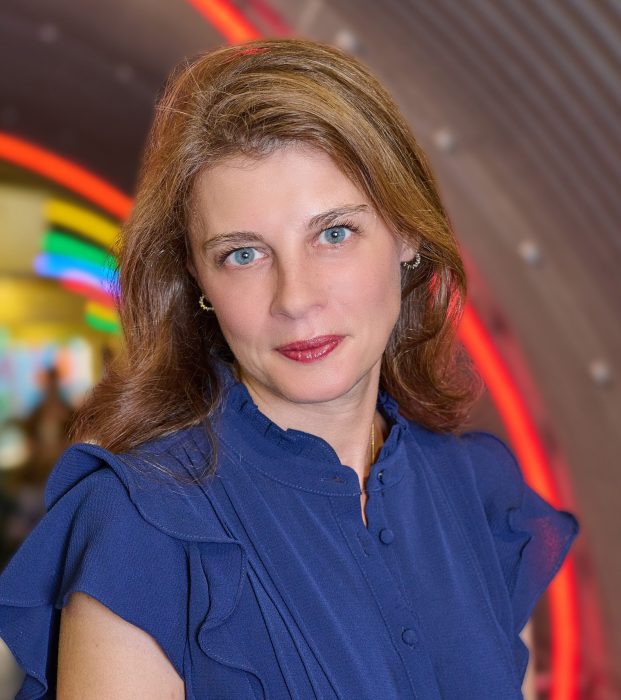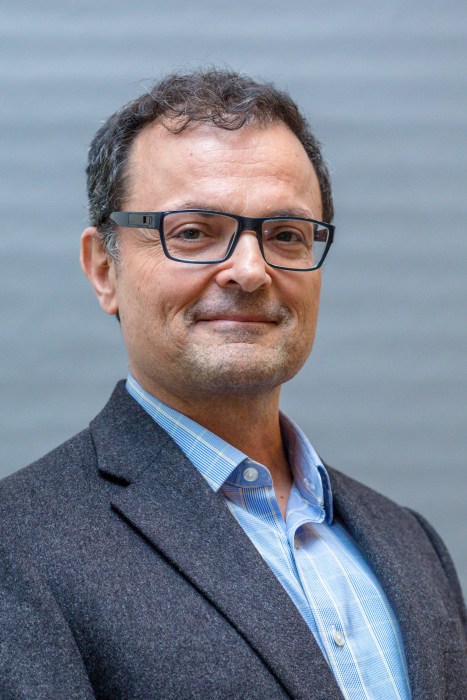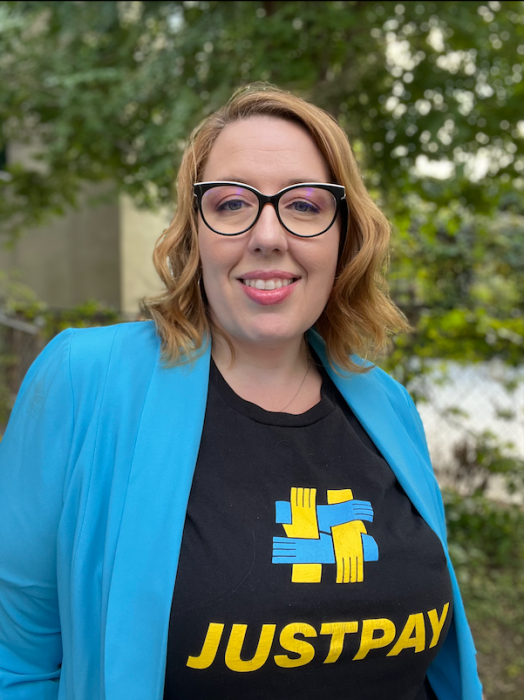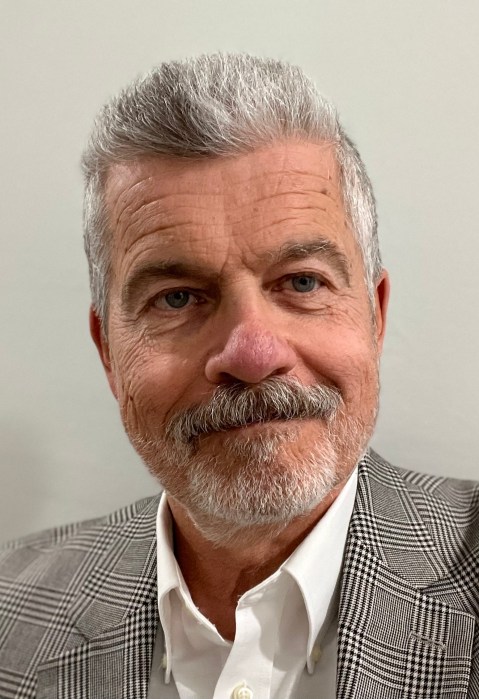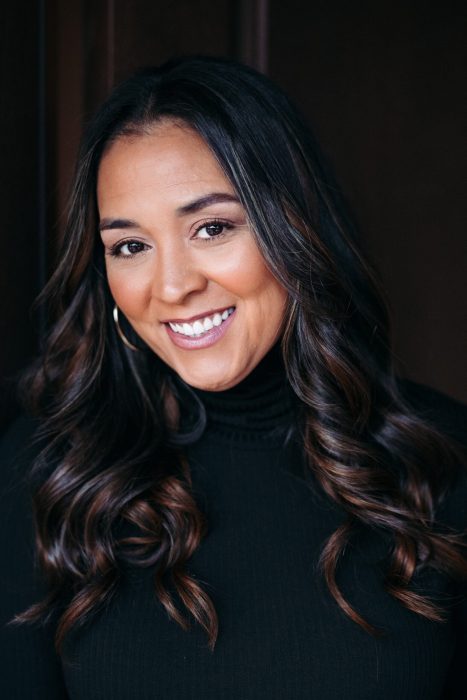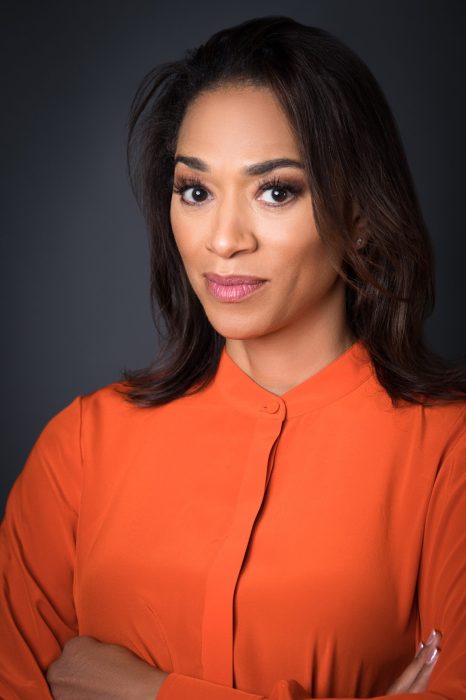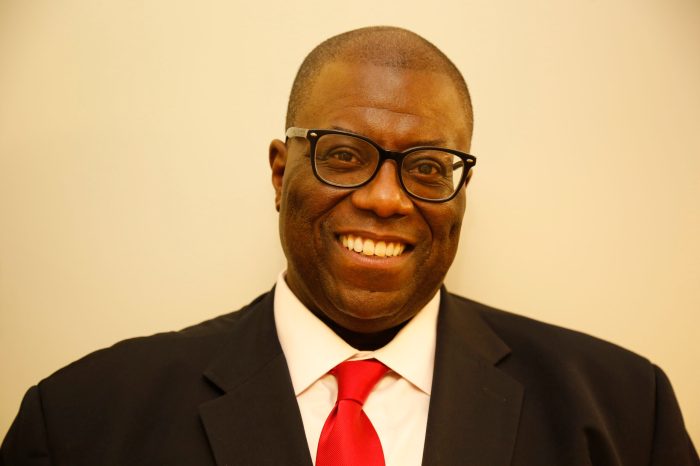Cal Hedigan began her work in the field of mental health in 1985 at the Richmond Fellowship in the U.K. She went on to hold a variety of positions in residential mental health programs, working as a case manager, intake coordinator, supervisor, and director roles. Prior to her tenure with Community Access, she worked as director of planning at the Bowery Residents’ Committee in New York. She has been at Community Access since 1999.
Was there something or someone that inspired you to pursue a career in the nonprofit sector?
I always knew that I wanted to pursue work with a social purpose. In my early twenties, I read Erving Goffman’s book “Asylums” and that, coupled with my exposure to mental health work, cemented my commitment to supporting civil rights and the human potential of people who were labeled with a mental health diagnosis and suffered trauma and oppression from systems of care. I wanted to make a difference in how people are treated, and still do.
What is the proudest moment of your career so far?
Being appointed as CEO of Community Access by our board of directors was a special moment. After having worked here for 20 years, to have the opportunity to lead this amazing organization and further its human rights-based approach to supportive housing and mental health services was a great honor.
What policy changes could be made to aid in your work within the nonprofit sector?
Moving away from expending resources on shelters and transitional housing and toward a concrete plan to end homelessness through the accelerated development of affordable and supportive housing would be a game-changer for NYC. On the mental health side, we must reject coercion and institutional care and adequately resource rights-based, peer-driven services that are available to people in the communities where they live. Paying workers a living wage in these sectors must become a priority.


